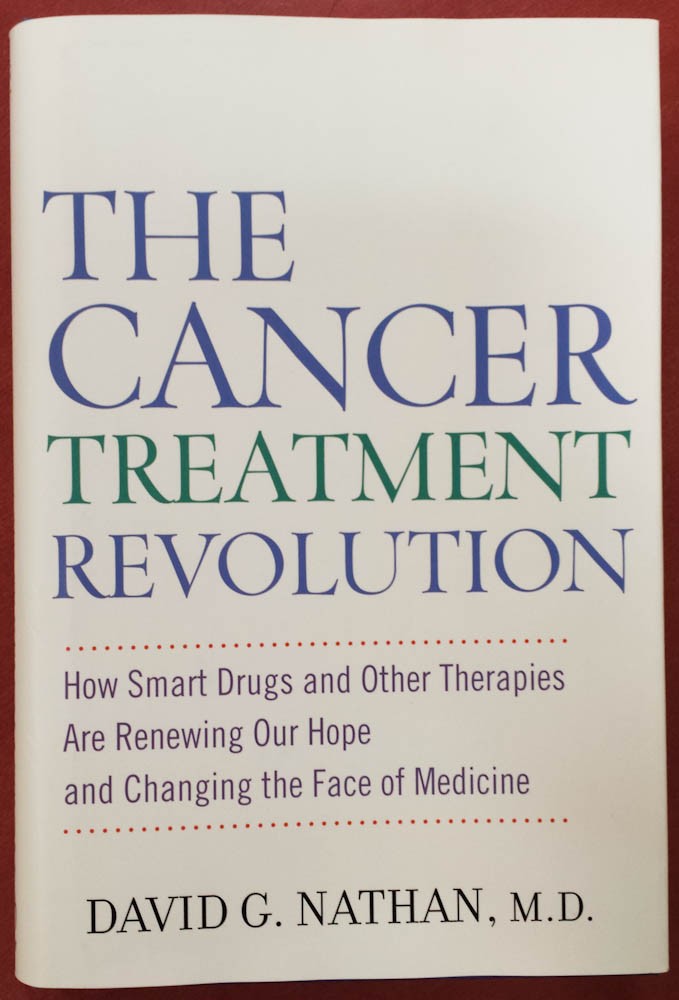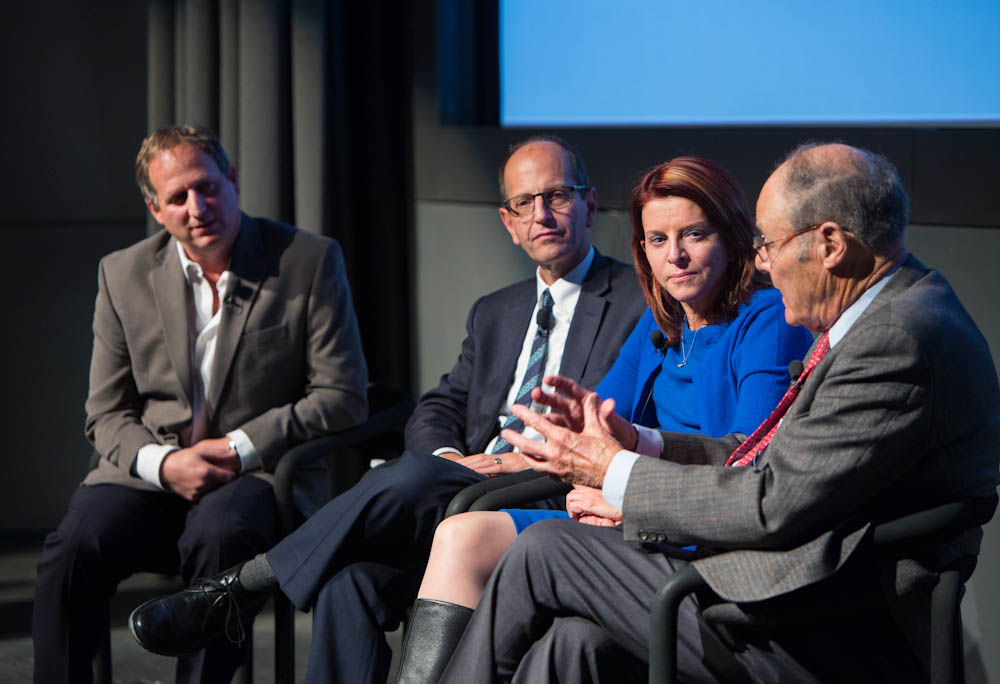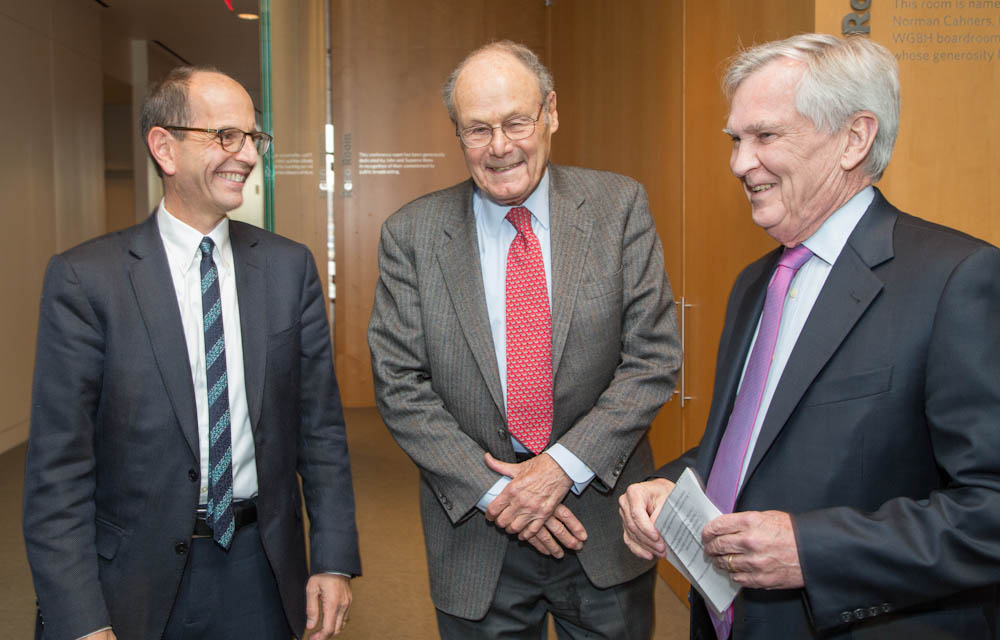In two recent books and the Ken Burns TV documentary, “Cancer: The Emperor of All Maladies”, prominent researchers explain eloquently why cancer is such a stubborn problem and detail how the latest treatment strategies are gaining ground – if slowly.

“There have been so many wonderful changes,” says David G. Nathan, MD, president emeritus of Dana-Farber Cancer Institute and a noted pioneer in treating inherited blood disorders . “But I try to make people understand that they have to be patient; it’s slow, steady progress, but we’ll get there.”
In Nathan’s 2007 book, “The Cancer Treatment Revolution,” he describes the cases of three patients with different cancers to “give a patient’s-eye view of the changes in cancer treatment over 50 or 60 years.” The last of the three stories highlights the promise of new “smart drugs” – highly specific agents that that target the mutations which both drive cancer cells’ growth and create Achilles’ heels susceptible to treatment.
Nathan’s long career began as a researcher at the National Cancer Institute in 1956. Subsequently, he worked at Brigham and Women’s Hospital and Children’s Hospital Boston (CHB), where he was Physician-in-Chief of the Department of Medicine until 1995. He became chief of the integrated CHB and Dana-Farber integrated Division of Hematology and Oncology, and served as Dana-Farber’s president from 1995 to 2000.
Another book, “The Emperor of All Maladies,” by Siddhartha Mukherjee, MD, a hematologist and oncologist who trained at Dana-Farber and Massachusetts General Hospital, traces the history of cancer even further. Mukherjee’s Pulitzer Prize- winning book, returns to the first identification of cancer in Egypt 4,600 years ago.
Both Mukherjee and Nathan’s books recount the groundbreaking work of Sidney Farber, MD, who in the 1940s achieved the first, though temporary, remissions in childhood leukemia patients using chemotherapy. Farber is also featured in the documentary, “Cancer: The Emperor of All Maladies.”

Based on the Mukherjee book, the film was produced by Ken Burns and directed by Barak Goodman, and airs in three consecutive two-hour segments on PBS stations March 30, 31 and April 1. Excerpts from documentary were shown recently at a special screening at WGBH studios in Brighton.
“It is a remarkable film, from the 40 minutes we saw,” comments Nathan, who participated in a panel discussion at the screening that also included George Demetri, MD, Dana-Farber senior vice-president for Experimental Therapeutics.
“I was very impressed by how the filmmakers saw cancer as a problem in evolution – that’s not a new notion, but it’s important if you really want to understand the problem we’re facing now.”
Nathan is referring to the Darwinian struggle of cancer cells to survive and win out over their normal counterparts in the body. The DNA in every cell of the common cancers is inherently unstable because of damage to genes and chromosomes, causing multiple mutations that allow the cell to divide rapidly and develop variable resistance to anti-cancer drugs..

And because the cells in a tumor are heterogeneous, with different genetic makeup, “designing therapy against such a heterogeneous crowd is very difficult,” Nathan explains. Because of this complexity, scientists have turned to combinations of different “smart” drugs in hopes of staying ahead of tumors’ evolution.
While admitting the challenges, Nathan believes that targeted drugs strategies and the promise of new drugs that use the body’s immune system to fight cancer, will continue to make inroads against the major killers like cancers of the lung, colon, breast, and prostate.
“I’m not saying we’re going to cure them, but we’ll be able to hold them down – to make the disease manageable,” Nathan predicts.
